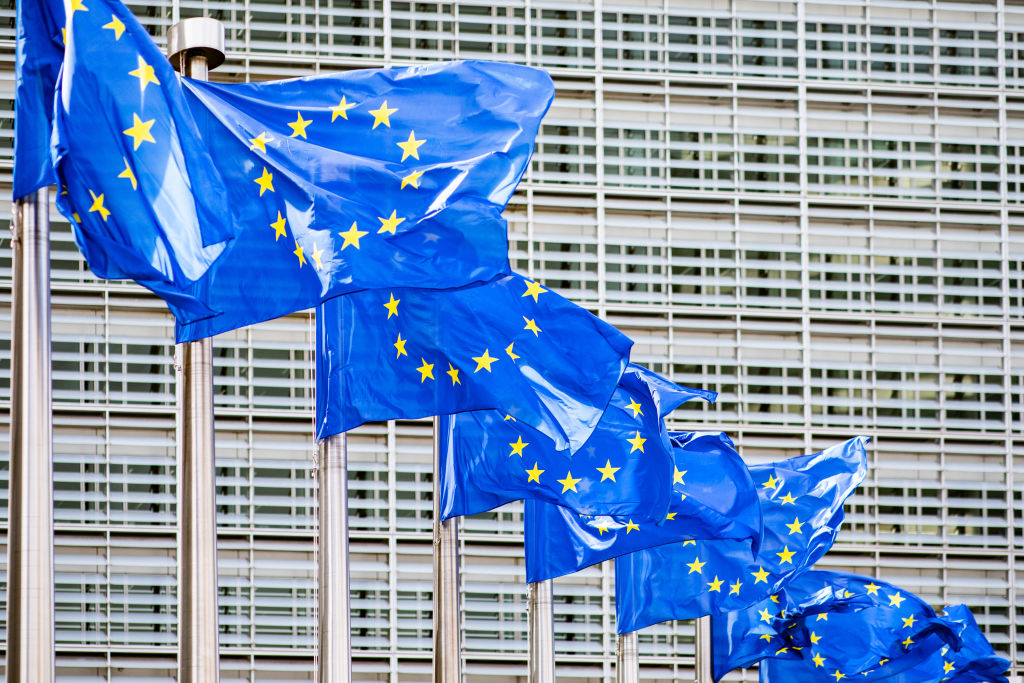Article Title:
European Tech Industry Amplifies Political Engagement to Shape Future Policies
Article Text:
The European technology sector is increasingly stepping into the political arena to influence policies that directly impact its growth and innovation. This shift is prominently highlighted in Atomico’s latest State of European Tech report, which not only assesses the current state of the tech ecosystem but also serves as a call to action for policy reforms.
Atomico, a venture capital firm founded by Skype co-founder Niklas Zennström, has been a significant player in Europe’s tech landscape. Its portfolio includes notable companies such as Aiven, DeepL, Klarna, Pipedrive, Stripe, and Supercell. The firm’s annual report has evolved from a mere assessment tool to an advocacy platform, reflecting the sector’s growing recognition of the need for political engagement.
The 2025 edition of the report introduces four key policy recommendations: Fix the friction, Fund the future, Empower talent, and Champion risk. These recommendations address critical areas where policy interventions can significantly enhance the tech ecosystem’s efficiency and competitiveness.
Fix the Friction: This recommendation emphasizes the need to streamline regulatory processes and reduce bureaucratic hurdles that impede innovation and growth. By simplifying compliance requirements and creating a more cohesive regulatory environment, startups can focus more on innovation and less on navigating complex legal landscapes.
Fund the Future: Securing adequate funding is vital for the development and scaling of tech companies. This recommendation calls for increased investment in research and development, as well as the creation of funding mechanisms that support startups at various stages of growth.
Empower Talent: The tech industry thrives on skilled talent. Policies that promote education in STEM fields, facilitate talent mobility across borders, and create inclusive work environments are essential for sustaining innovation.
Champion Risk: Innovation inherently involves risk. This recommendation advocates for a cultural and policy shift that embraces calculated risks, supports entrepreneurial endeavors, and provides safety nets for failures, thereby fostering a more dynamic and resilient tech ecosystem.
The report’s advocacy aligns with broader initiatives within the European Union aimed at enhancing the competitiveness of the tech sector. For instance, the proposed 28th regime seeks to establish a pan-European company structure, allowing businesses to operate seamlessly across all member states without the need to navigate 27 different national legal frameworks. This initiative aims to reduce administrative burdens and create a more unified market for tech companies.
The importance of such policy reforms is underscored by the European Commission’s focus on digital sovereignty and technological independence. In March 2025, a coalition of over 80 tech organizations called for radical action to reduce reliance on foreign-owned digital infrastructure and services. This movement advocates for the development and adoption of homegrown technologies, from applications and platforms to AI models and hardware components. The coalition’s open letter to European Commission President Ursula von der Leyen and digital chief Henna Virkkunen highlights the urgency of fostering a self-sufficient digital ecosystem to bolster economic resilience and security.
The European tech industry’s political engagement is not limited to advocacy for favorable policies. It also involves proactive measures to address emerging challenges. For example, in response to the European Union’s incoming regulation of political advertising, Meta announced in July 2025 that it would cease selling and displaying political ads in the EU starting in October. This decision reflects the complexities and legal uncertainties associated with the new legislation, which mandates clear labeling of political advertisements and transparency regarding their sponsors, costs, and targeting mechanisms.
Furthermore, European tech companies are taking collaborative steps to reduce dependence on non-European technologies. In August 2025, French search engine Qwant and German non-profit search engine Ecosia launched Staan, a European search index designed to offer a privacy-focused alternative to dominant players like Google and Bing. This initiative aims to serve a significant portion of search queries in France and Germany, demonstrating a commitment to developing indigenous digital infrastructure.
The European Union is also actively supporting the tech sector through initiatives that provide resources and infrastructure. In September 2023, the EU announced plans to grant responsible AI startups access to its high-performance computing (HPC) supercomputers for model training. This move aims to accelerate the development of AI technologies within Europe and ensure they align with European values and ethical standards.
However, the tech industry’s political engagement is not without challenges. Anti-immigration policies in some European countries have raised concerns about their impact on the tech sector’s growth. In October 2023, it was highlighted that restrictive immigration policies could hinder the influx of skilled talent essential for innovation. The tech industry relies heavily on a diverse and international workforce, and policies that limit skilled migration may stifle the sector’s dynamism and competitiveness.
In conclusion, the European tech industry’s increasing political engagement reflects a strategic effort to shape policies that foster innovation, competitiveness, and digital sovereignty. By advocating for streamlined regulations, increased funding, talent empowerment, and a culture that embraces risk, the sector aims to create an environment conducive to growth and technological advancement. Collaborative initiatives and proactive measures further demonstrate the industry’s commitment to building a resilient and self-sufficient digital ecosystem in Europe.


